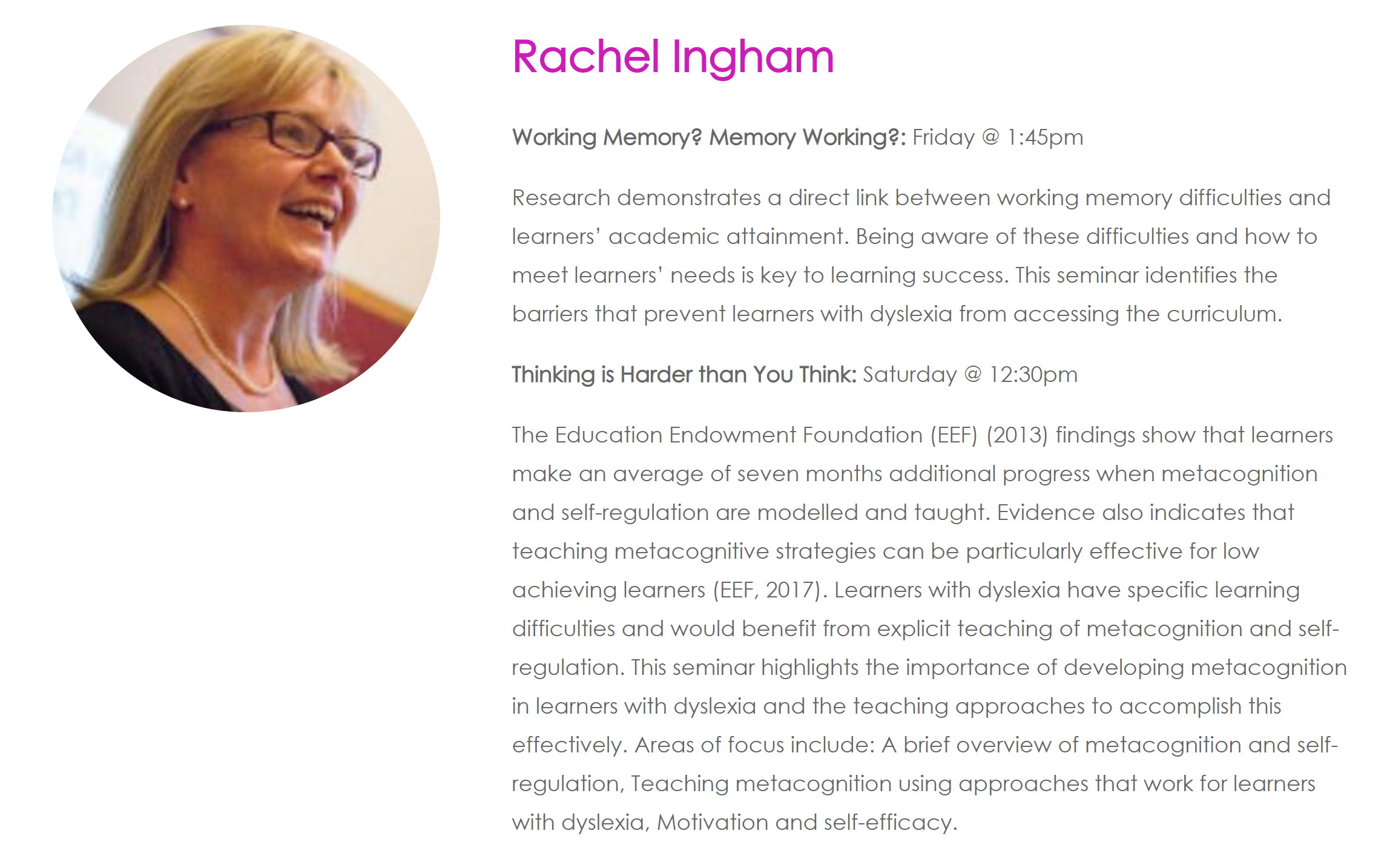When you give instructions to a child and it seems to go in one ear and then out the other, could that be a child misbehaving or could they simply be experiencing poor working memory?
I absolutely love reading information about Working Memory. I love this because I think (and it is my own personal opinion) that when our working memory capacity is low or if it is stretched to capacity it is often very obvious to others. We can seem like we haven’t listened, or that we are distracted and whilst feeling judged for that, we may feel frustrated with ourselves because we feel like we may have forgotten then easiest things in the quickest time.
What is Working Memory?
Just Googling the definition of working memory I found the following definition…
“Working Memory: the part of short-term memory which is concerned with immediate conscious perceptual and linguistic processing.”
As I understand it, for a child in a classroom when they are having to take on and process new information in a class of 35 kids with noises and other distractions taking place, then you have to wonder how any child learns anything new. New information arrives in the working memory and the brain has to work out whether it has come across it before and if not what to do next with that information. In a learning environment it maybe that new information is given and along with that a number of requests for tasks to be done with it. Bring being dyslexic into the picture and we have a child who wants to learn but who may be feeling frustrated with themselves for not remembering what they have just been told.
“Approximately 10% of us have weak working memory; however, the estimates of the percentage of weak working memory in students with specific learning disorders, including dyslexia, ranges from 20 to 50 percent.”
The quote above from the International Dyslexia Association indicates that there is a relationship between having dyslexia and a poor working memory, so as teachers and parents supporting a dyslexic child we must really be mindful of our tendency to judge ‘forgetfulness’ and explore strategies that can help a child.
In March 2020, I am going to be speaking at the Dyslexia Show and I noticed that my good friend, educational trainer, Rachel Ingham is going to be delivering a talk on working memory.
I have seen Rachel deliver talks about understanding dyslexia and given that she is severely dyslexic herself, she brings a level of empathy into her talks that certainly makes me sit up and listen so I am looking forward to what she has to say about working memory as this does affect academic attainment in an educational environment that I believe is merciless for those who struggle with working memory.
So Rachel’s talk is certainly one resource that you might find useful to take advantage of next year.
If you are a follower of The Studying With Dyslexia Blog then you will know how much I love visual learning and especially in the format of YouTube videos.
I would like to share with you a TED talk by Educational Psychologist, Peter Doolittle on working memory.
I am recommending this because he illustrates how working memory can reach capacity so easily by doing some exercises with the audience and I have to tell you, that as I was watching and doing the exercises myself I was actually starting to get a sense of overwhelm that reminded me of my time in education.
At time of writing this article, I am sitting in a hotel room in Liverpool before going to a conference where I will be delivering a talk on dyslexia and child-self-esteem and for me, this video just illustrates how easy it is for us to reach the limits of our own working memory and then for that to turn into the self-judgement that erodes one’s self-esteem.




